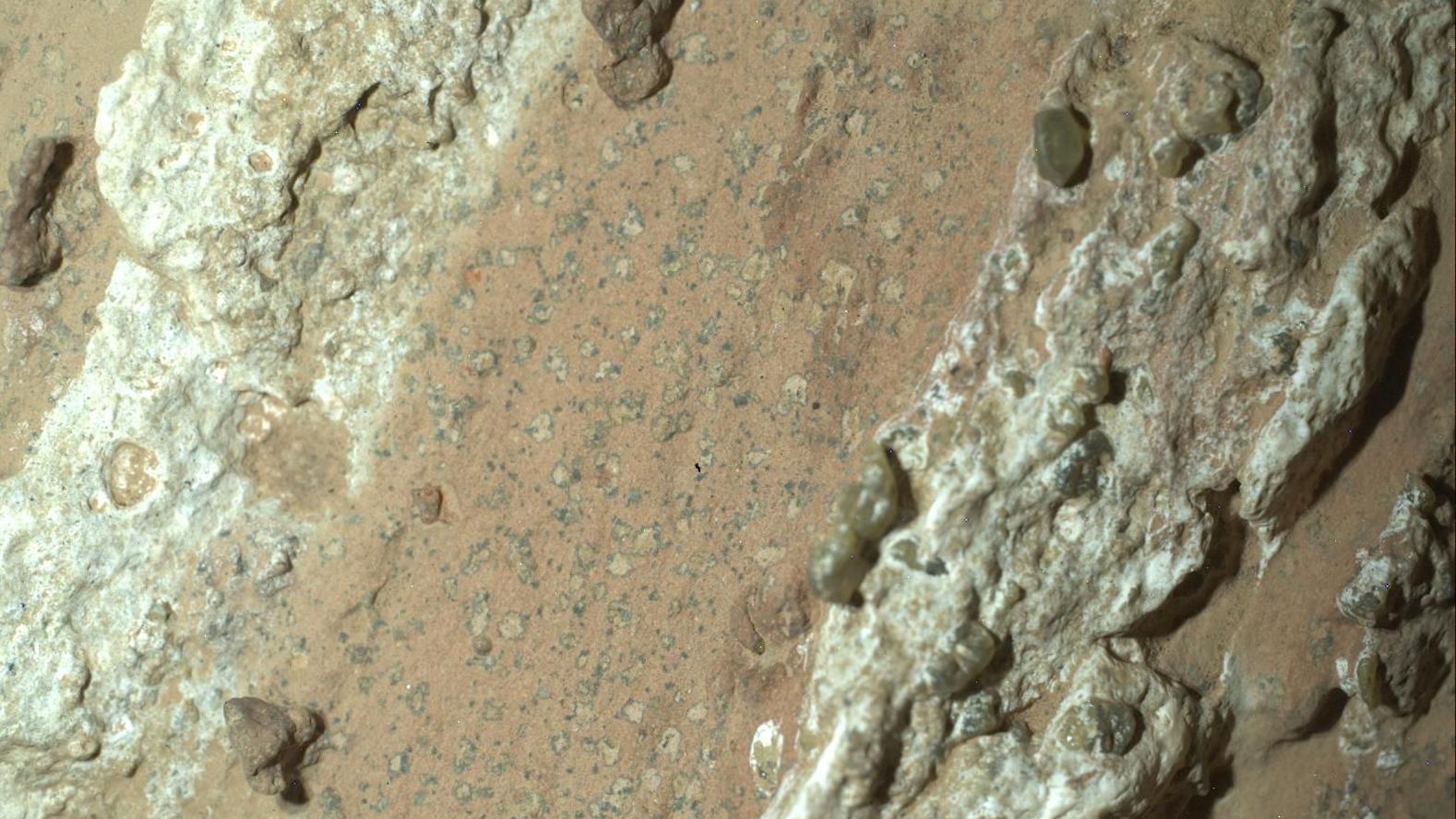In a momentous breakthrough that has sent ripples of excitement throughout the scientific community and beyond, NASA has confirmed findings that strongly suggest the presence of life on Mars. This extraordinary discovery not only challenges our understanding of the Red Planet but also reignites the age-old question: Are we truly alone in the universe?

NASA’s Breakthrough in Life on Mars Discovery
The pursuit of discovering life beyond Earth has been a cornerstone of NASA’s missions ever since the first exploratory attempts to understand our celestial neighbor, Mars. Over decades, each rover, satellite, and lander has collected data piece by piece, gradually unraveling the Martian mysteries. Now, recent findings, as confirmed by NASA scientists, have provided substantial evidence that bolsters the case for life on Mars.
What NASA’s Evidence Implies
At the heart of this groundbreaking news are gaseous emissions detected in the Martian atmosphere—specifically, fluctuating levels of methane, a compound often associated with biological activity. Methane can be produced by geological processes, but its sudden and periodic spikes have led scientists to suspect a biological origin. Such evidence, while not definitive proof of life as we know it, sets the stage for understanding how life-forms might thrive under the unique conditions of Mars.
Exploring the Core: The Science behind NASA’s Mars Evidence

Detailed analysis has shown the presence of certain isotopes within the Martian soil and atmosphere that align closely with biological processes seen on Earth. This cutting-edge research from NASA employs intricate spectroscopic techniques that analyze light wavelengths to identify these isotopes, underscoring the credibility of their findings. Coupled with prosperous mineralogy indicating ancient water flows and habitable environmental conditions, the picture of life on Mars becomes all the more vivid.
Implications of Discovering Life on Mars
The implications of finding life on Mars are immense, far-reaching, and frankly, awe-inspiring. Scientifically, it would revolutionize our understanding of life’s precursors and resilience, shedding light on the resilience of life in extreme environments. Moreover, it compels us to reassess the potential for life on other celestial bodies, such as Europa or Titan.
Charting the Course for Future Mars Missions

This discovery renews vigor in planning future missions aimed specifically at unraveling the biological aspects of Mars. Efforts such as NASA’s Mars Sample Return mission are pivotal in this pursuit, as they propose to bring back Martian soil for detailed laboratory scrutiny here on Earth. Such missions hold the promise of either confirming the existence of microbial life or advancing our search for more complex life forms.
The Role of International Collaboration
Moving forward, international cooperation will be essential in the ongoing efforts to investigate life on Mars. Space agencies around the world, including ESA, Roscosmos, and CNSA, are increasingly looking to collaborate, unifying technology, resources, and expertise. This global initiative not only amplifies the chances of discovery but also fosters a shared consciousness of our place in the cosmos.
Conclusion: A New Era for Astrobiology
NASA’s findings mark a turning point in our quest for extraterrestrial life, rekindling hope and curiosity about the universe’s vast potential. As the evidence stands, we may just be on the cusp of a second genesis, a dawn of a new understanding that life, in some form, exists beyond the confines of our blue planet.
Could this Discovery Prove Humans Aren’t Alone in the Universe?

This discovery undeniably bolsters the argument that humans may not be the singular conscious beings in the universe. While definitive proof of intelligent life may remain elusive, NASA’s findings suggest that even the simplest forms of life can emerge in the cosmos’ diverse environments. It’s an awe-inspiring thought that, somewhere across the expanse of stars and galaxies, other forms of life may be contemplating their existence just as we do.











What do you think?
Show comments / Leave a comment